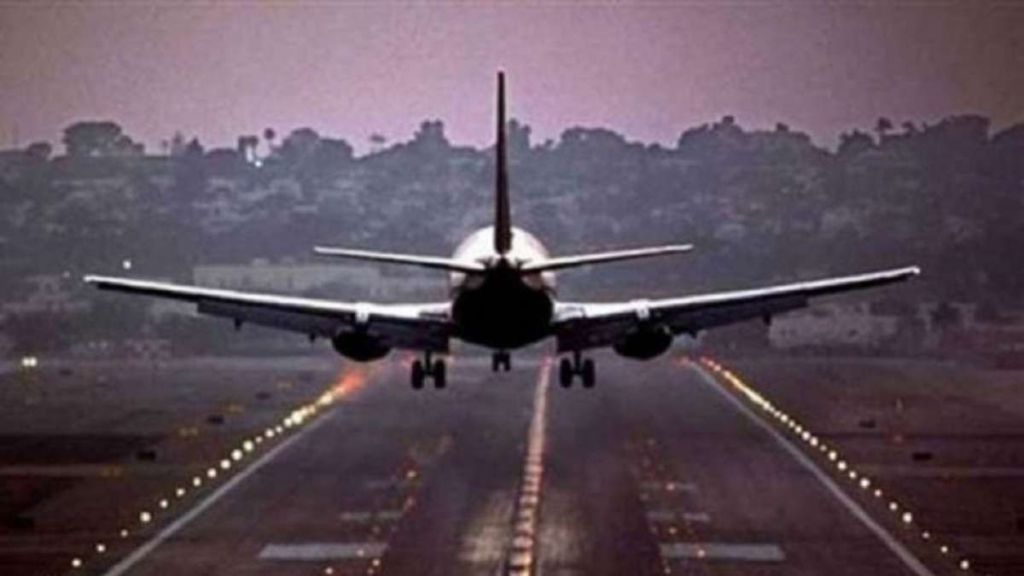As the annual Hajj pilgrimage draws near, Saudi Arabia is reportedly considering significant changes to its visa policy, potentially imposing temporary restrictions on travellers from 14 countries. The move aims to better manage the anticipated influx of pilgrims and ensure a smoother and safer experience, particularly following concerns about overcrowding and safety during the previous Hajj.
Visa issuance deadline
According to media reports, including one from Pakistan’s ARY, Saudi authorities have set a deadline of April 13, 2025, for the issuance of Umrah visas. Crucially, the report indicates that no new visas will be granted to nationals from the affected countries until after the Hajj pilgrimage concludes, which is expected to take place between June 4 and June 9, 2025, based on the lunar calendar. Pilgrims typically begin arriving in Saudi Arabia weeks in advance, potentially starting as early as late April.
As reported by NDTV The Saudi Ministry of Hajj and Umrah has clarified that this potential measure is a purely logistical one, designed to improve the management and ensure the safety of the pilgrimages, and is not related to any diplomatic issues.
Affected countries
The list of countries reportedly under consideration for these temporary visa restrictions spans various regions. In South Asia, Bangladesh, India, and Pakistan are included. From the Middle East, Egypt, Iraq, Jordan, and Yemen are on the list. North African nations Algeria, Morocco, and Tunisia are also being considered. Sub-Saharan Africa could see Ethiopia, Nigeria, and Sudan impacted, while Indonesia is the sole Southeast Asian nation mentioned.
The primary motivation behind this potential policy shift is to curb unauthorised participation in Hajj. Reports suggest that a number of individuals from these countries have been entering Saudi Arabia on Umrah or visit visas and subsequently overstaying to perform Hajj without registering through official channels. This practice bypasses the kingdom’s established quota system, which allocates a specific number of Hajj slots to each country to regulate pilgrim numbers.
This move comes as the Saudi government intensifies its efforts to address the issue of unregistered pilgrims. The quota system is in place to manage the sheer volume of people undertaking the pilgrimage. The need for stricter control was underscored by the tragic events of the 2024 Hajj, where reports indicate over 1,200 pilgrims lost their lives due to extreme heat and severe congestion.
The reported temporary visa restrictions are seen as a measure to mitigate overcrowding and improve overall travel and immigration management during the Hajj season. While the Saudi government has described this as a temporary measure, no specific timeline for its review has been announced, indicating a firm stance on ensuring a more organized pilgrimage in 2025.


